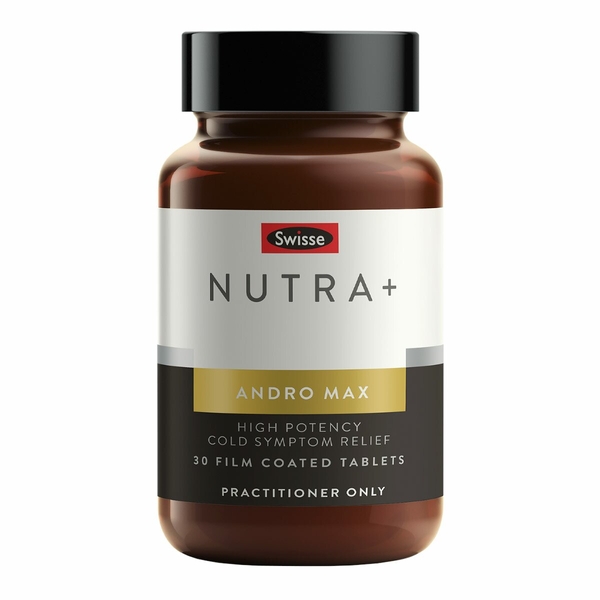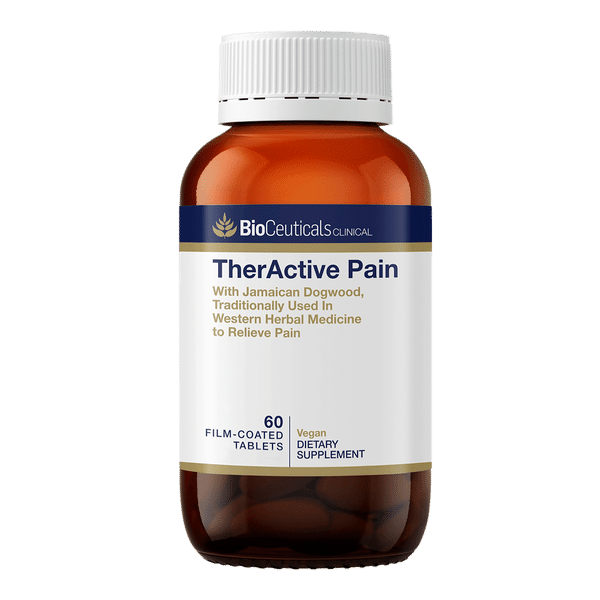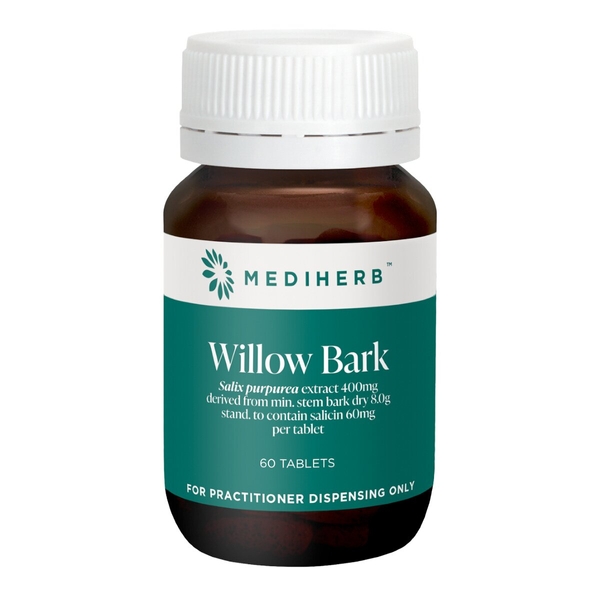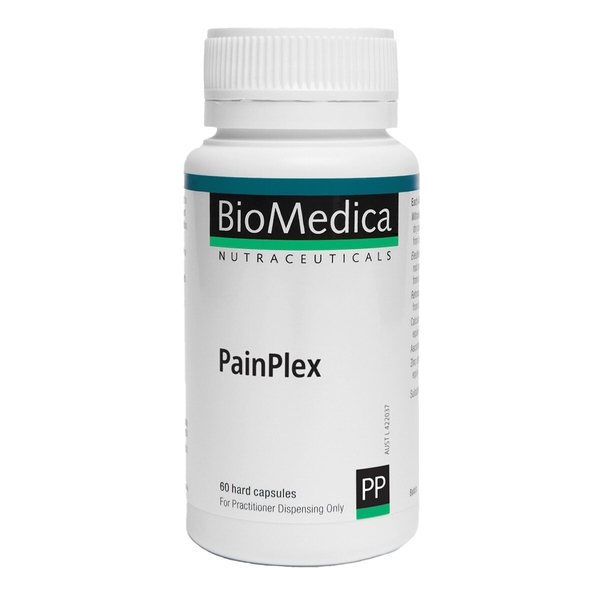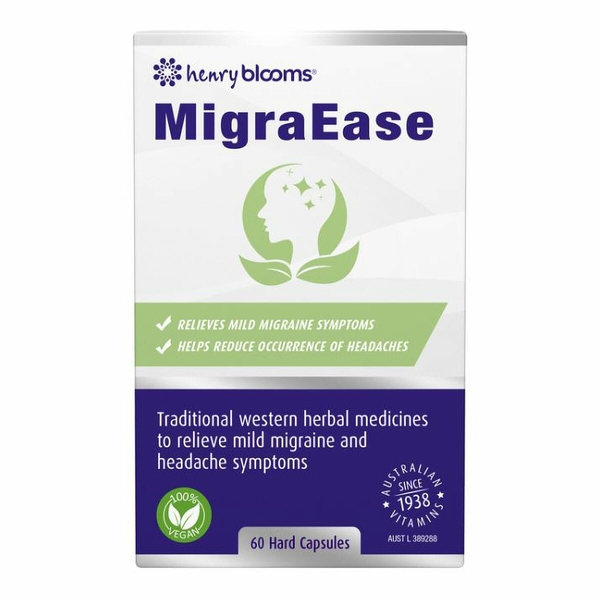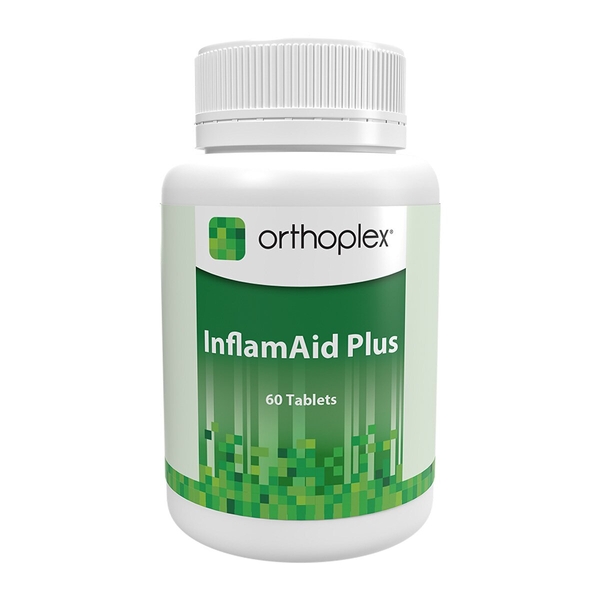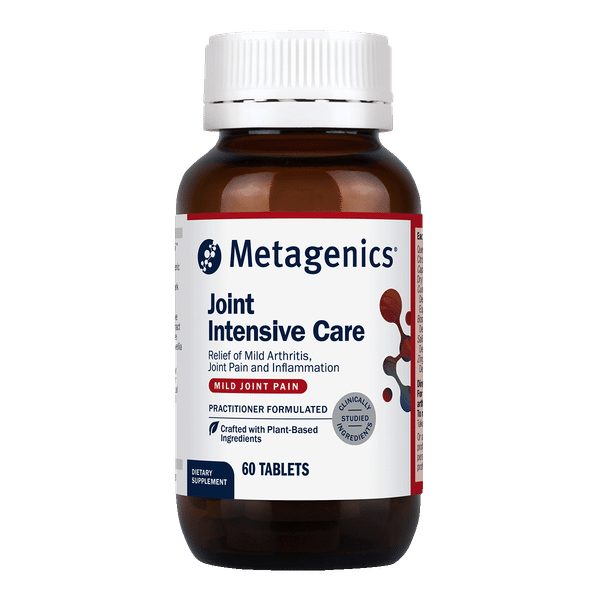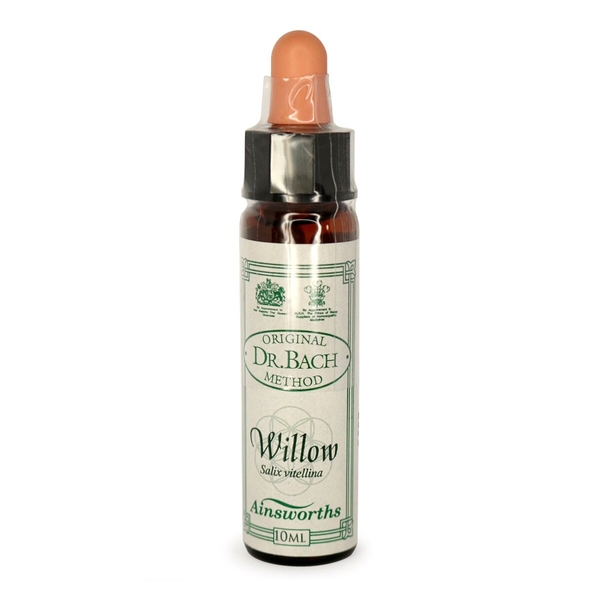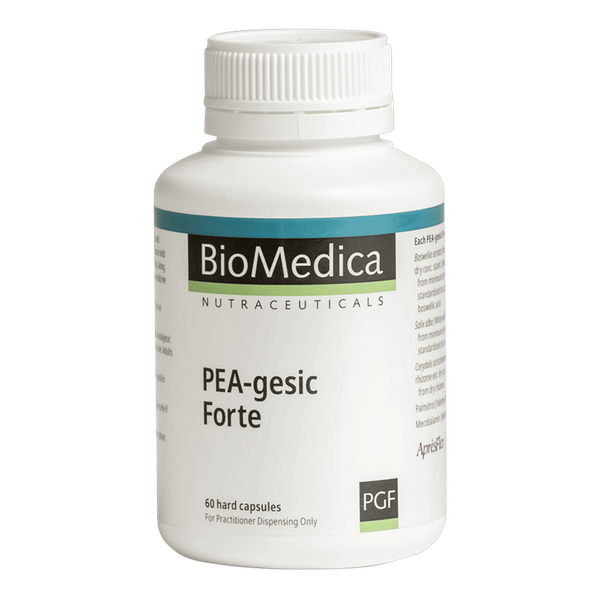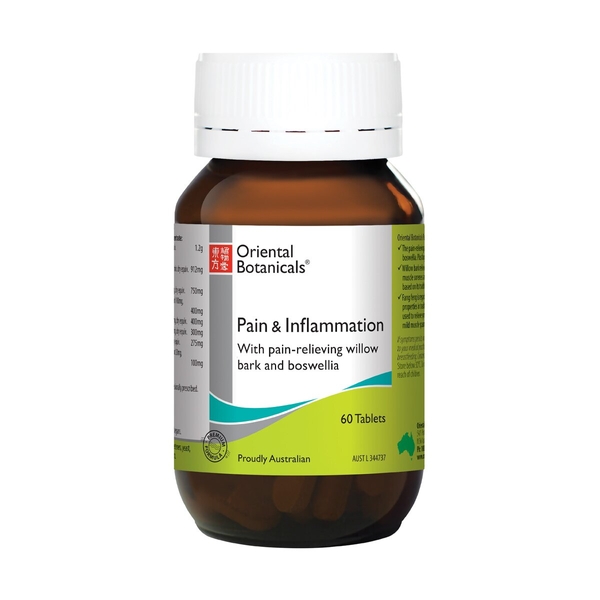
Background
Willow bark contains a chemical called salicin, which is similar to aspirin. It has pain and fever reducing effects in the body.
People commonly use willow bark for back pain, osteoarthritis, fever, flu, muscle pain, and many other conditions, but there is no good scientific evidence to support most of these uses. There is also no good evidence to support using willow bark for COVID-19.
Safety Safety definitions
Special Precautions & Warnings:
Pregnancy: There isn't enough reliable information to know if willow bark is safe to use when pregnant. Stay on the safe side and avoid use.Breast-feeding: It is possibly unsafe to use willow bark while breast-feeding. Willow bark contains chemicals that can enter breast milk and have harmful effects on the nursing infant. Don't use it if you are breast-feeding.
Children: Willow bark is possibly unsafe when taken by mouth for viral infections such as colds and flu. There is some concern that, like aspirin, it might increase the risk of developing Reye syndrome. Stay on the safe side and don't use willow bark in children.
Bleeding disorders: Willow bark might increase the risk of bleeding in people with bleeding disorders.
Kidney disease: Willow bark might reduce blood flow through the kidneys. This might lead to kidney failure in some people. If you have kidney disease, don't use willow bark.
Sensitivity to aspirin: People with asthma, stomach ulcers, diabetes, gout, hemophilia, hypoprothrombinemia, or kidney or liver disease might be sensitive to aspirin and also willow bark. Using willow bark might cause serious allergic reactions. Avoid use.
Surgery: Willow bark might slow blood clotting. It could cause extra bleeding during and after surgery. Stop using willow bark at least 2 weeks before a scheduled surgery.
Effectiveness
- Back pain. Taking willow bark by mouth seems to reduce lower back pain. Higher doses seem to be more effective than lower doses, and it may take up to a week to help.
Dosing & administration
Interactions with pharmaceuticals
Acetazolamide
Interaction Rating=Moderate Be cautious with this combination.
Willow bark contains chemicals that might increase the amount of acetazolamide in the blood. Taking willow bark along with acetazolamide might increase the effects and side effects of acetazolamide.
Aspirin
Interaction Rating=Moderate Be cautious with this combination.
Willow bark contains chemicals similar to aspirin. Taking willow bark along with aspirin might increase the effects and side effects of aspirin.
Choline Magnesium Trisalicylate (Trilisate)
Interaction Rating=Moderate Be cautious with this combination.
Willow bark contains chemicals that are similar to choline magnesium trisalicylate. Taking willow bark along with choline magnesium trisalicylate might increase the effects and side effects of choline magnesium trisalicylate.
Medications that slow blood clotting (Anticoagulant / Antiplatelet drugs)
Interaction Rating=Moderate Be cautious with this combination.
Willow bark might slow blood clotting. Taking willow bark along with medications that also slow blood clotting might increase the risk of bruising and bleeding.
Salsalate (Disalcid)
Interaction Rating=Moderate Be cautious with this combination.
Salsalate is a type of medicine called a salicylate. It's similar to aspirin. Willow bark also contains a salicylate similar to aspirin. Taking salsalate along with willow bark might increase the effects and side effects of salsalate.
Interactions with herbs & supplements
Herbs that contain chemicals similar to aspirin (salicylates): Willow bark contains chemicals called salicylates. Salicylates are similar to aspirin. Taking it with other supplements that contain salicylates might increase their effects and side effects. Examples of supplements that contain salicylates include aspen, black haw, poplar, and meadowsweet.
Interactions with foods
Products
View all products- Salix alba (Willow bark) ext. 200 mg equiv. salicin 30 mg
- Boswellia serrata ext. 228 mg
- Eleutherococcus nodiflorus ext. 100 mg
- Eucommia ulmoides ext. 66.67 mg
- Gentiana macrophylla ext. 75 mg
- Angelica pubescens ext. 55 mg
- Saposhnikovia divaricata ext. 187.5 mg
- Atractylodes macrocephala ext. 20 mg

